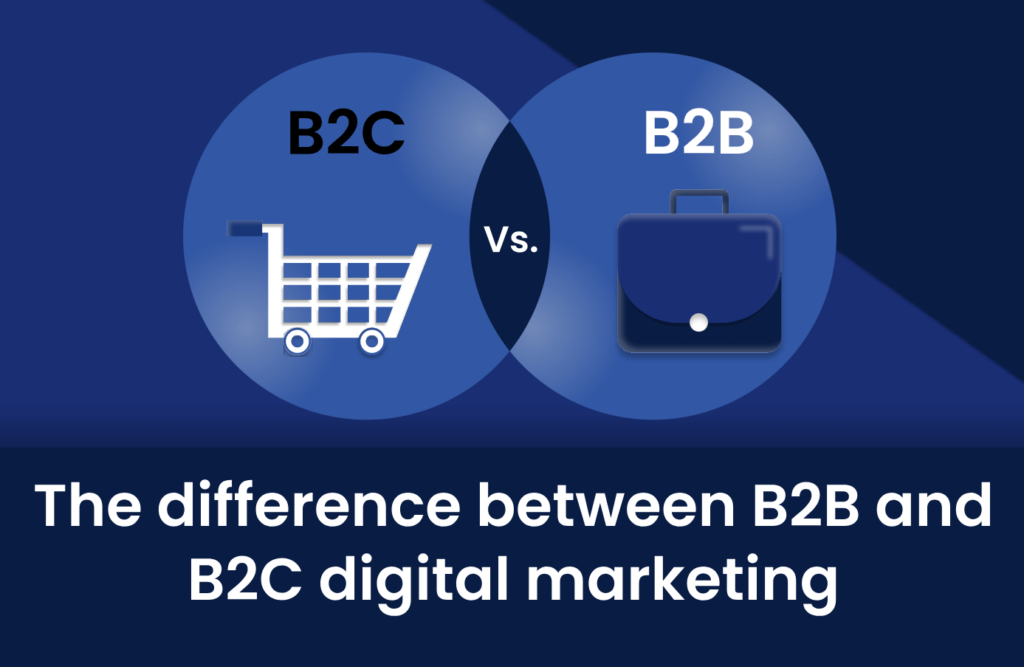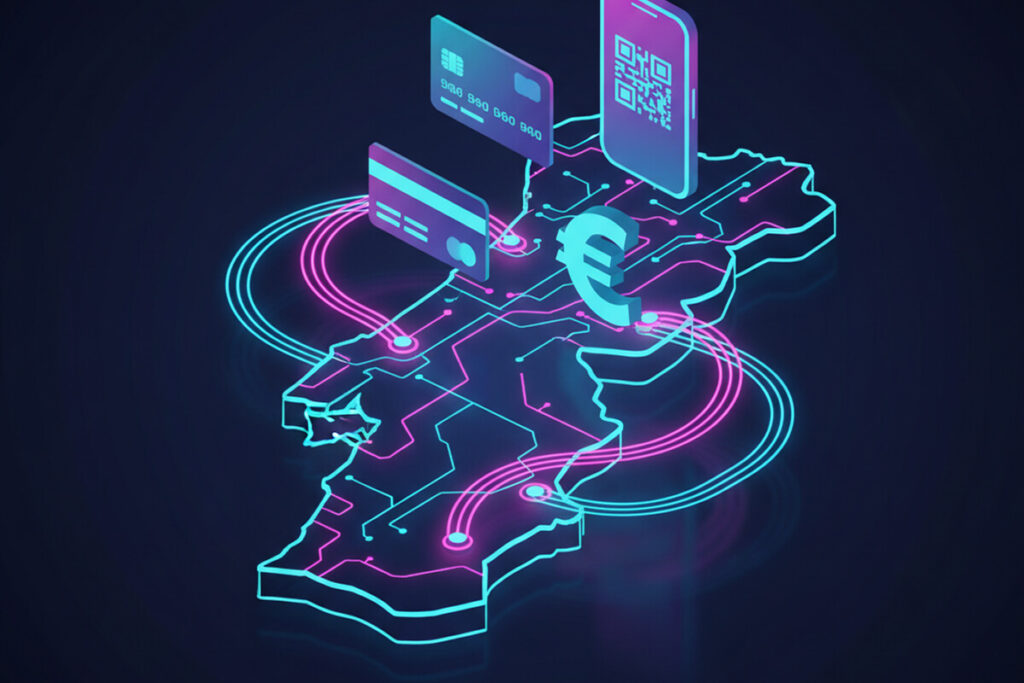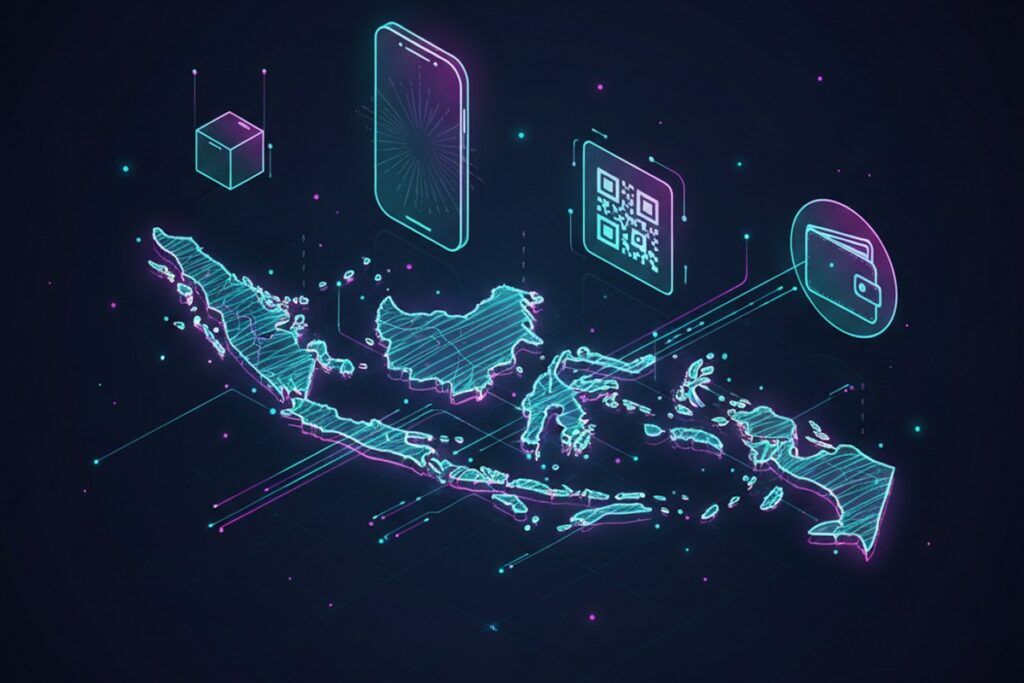B2B payment solutions
Every modern business strives to optimise its financial operations. Business-to-Business (B2B) payments play an important role in the success of any company. B2B payments are any financial transactions that take place between two organisations, rather than between an individual and a company. These payments are a key element of a business’s financial health, and using the right tools to handle them can have a significant impact on overall performance.
In this article, we will look at what B2B payment solutions are, how they work and what they mean for the success of your business.
What are B2B payment solutions?
B2B payment platformsare specialised digital services designed to automate, manage and optimise financial transactions between businesses. These solutions significantly simplify and accelerate workflows such as invoicing, payment processing and reconciliation.
Key features of business to business payments:
- Support for multiple payment methods: bank transfers, online bank card payments, cryptocurrencies, paper cheques and cash.
- Process automation: minimising delays and allowing payments to be made regardless of the presence of employees in the office.
- High level of security: modern encryption technologies, multi-factor authentication and monitoring of suspicious activities.
- Integration with ERP systems and accounting software to ensure data consistency.
B2B payment gateway uses businesses to make payments between companies, but there are also B2C payments, which are relevant for retail and accepting funds from individual customers.

The difference between B2B and B2C payments
The difference between B2B and B2C payments isn’t just limited to the type of customer – it also covers aspects such as payment sizes, frequency of transactions and payment methods used. Let’s take a look at the key criteria that differentiate the two types of payments.
Criterion | B2B | B2C |
Transaction volume | Large amounts typical of bulk purchases or long-term contracts. | Smaller amounts typical of retail purchases. |
Payment terms | Long-term terms such as Net 30 or Net 60. | Instant or near-instant payment; customers pay for goods or services immediately upon purchase. |
Payment methods | Mainly corporate payments: bank transfers, ACH transactions. | Personal payments: credit cards, digital wallets. |
Requirements | Credit checks for terms like Net 30 or Net 60. | Minimal security measures such as PIN verification. |
Customer examples | Wholesalers, suppliers, contractors, non-profit organisations. | Individuals, occasional purchases by organisations. |
Thus, the differences between B2B and B2C payments are not only about scale and customer types, but also about a number of important aspects that influence the choice of the right payment method for each type of business.
Business challenges and solution through BillBlend
Businesses often face challenges with B2B electronic payments:
- slow wire transfers;
- high fees for international transfers;
- errors in manual processing of documents;
- insufficient transparency of financial flows.
BillBlend offers a comprehensive solution to all these problems. Here’s what customers get:
- fast and convenient payment processing;
- advanced security technologies for data protection;
- transparency and tracking of payment status;
- savings on commissions thanks to favourable tariffs;
- support for international transfers and cryptocurrencies.
This gives BillBlend partners fast, secure and convenient processing of B2B electronic payments, minimising risk and increasing business efficiency.
Benefits of BillBlend
B2B payment system BillBlend stands out among competitors due to the following unique features:
- Flexibility: support for a wide range of currencies and payment methods.
- Security: advanced encryption and monitoring technologies to prevent fraud.
- International accessibility: work with different currencies and countries.
- Cryptocurrency transfers: save time and money and expand into new markets.
- Easy integration: compatible with ERP systems and accounting software.
Contact us for a consultation and find out how BillBlend can improve your financial operations.
Conclusion
B2B payment methods from BillBlend are the key to your company’s financial success. Join provider BillBlend and get access to innovative tools to improve your B2B payments.
Frequently Asked Questions (FAQ)
What are B2B payments?
B2B payments are financial transactions between two companies. They include payments for goods and services, equipment rentals, licence fees and other types of commercial transactions.
What are the different ways to make B2B payments?
The following types of B2B payments are available today: wire transfers, ACH payments, cash, debit/credit cards, and cryptocurrencies being the most popular among them.
What are the benefits of B2B payment solutions?
Key benefits include faster processes, reduced errors, savings on fees, increased security, and better financial management.
What currencies does BillBlend support?
BillBlend supports a wide range of currencies including US dollars, euros, rubles and many others. This makes the platform convenient for international businesses.
How is B2B different from B2C?
B2B is an interaction between companies, B2C is between a company and a consumer.
How do I start accepting B2B payments?
To accept cross-border payments or make payments, you need to find and connect a reliable payment gateway (bridge) needed to process transactions, and then implement it into the company’s infrastructure.









